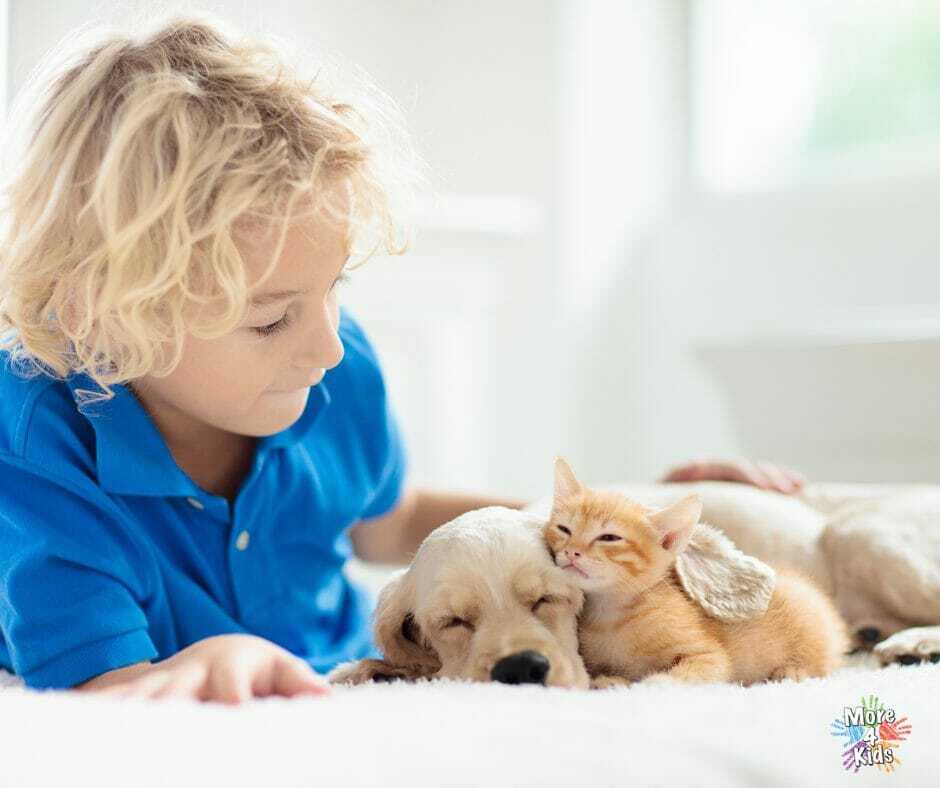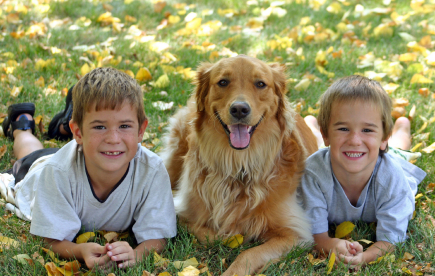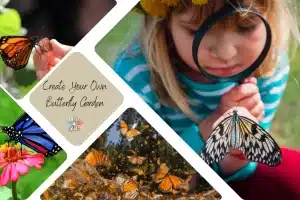 Children and Pets
Children and Pets
You have probably heard the old saying, “A man’s best friend is his dog.” Well, not only does this hold true for man, but for a family as well. Let’s look at how having a pet can benefit your family and some tips on choosing the right one..
Do you remember when you were a child, and your parents took you to the local pound and you picked out your first pet. Or when your mom and dad brought home a little puppy dog? How did you feel? Exhilarated; excited, and when the dog licked your face and stuck out his paw; he touched your heart, didn’t he? This is no less true for families today. True, having a pet may start out as a gift for the kids who have been nagging you for months. But the truth is the pet is welcome by you and your spouse as well.
10 Benefits to getting a pet for a child include:
- Increased responsibility: Caring for a pet teaches children about responsibility and the importance of taking care of another living being.
- Emotional development: Pets can provide a sense of comfort and security for children, helping them to develop their emotional intelligence.
- Physical health: Playing with and exercising a pet can improve a child’s physical health and fitness.
- Social skills: Interacting with a pet can help children develop their social skills and improve their ability to communicate with others.
- Stress relief: Playing with and caring for a pet can help children to relax and reduce stress.
- Improved self-esteem: Children who have a positive relationship with a pet may experience an improvement in their self-esteem.
- Unconditional love: Pets provide children with unconditional love and acceptance, which can help to build a child’s self-worth.
- Sense of belonging: Pets can be a source of companionship for children, helping them to feel a sense of belonging and connectedness.
- Learning opportunities: Caring for a pet can provide children with opportunities to learn about different types of animals, as well as various aspects of pet care and responsibility.
- Positive influence: Pets can have a positive influence on children, helping them to develop positive behaviors and attitudes.
Pets give unconditional love; always. They trust you’ll take care of them at every turn, and they take care of you. After a long day at work, you come home to find your pet waiting for you at the front door; excitedly jumping up and down at your arrival. They are a comfort to kids when sick; and to the old when infirmed. Some dogs even have a sixth sense when you are ill and unaware of the problem. They can sense danger; and guard you and your family when necessary. Which is why owners have no problem getting that glucosomine for dogs that they might need or that surgery without a second thought. They instinctively know when they’ve been naughty, and look to you for forgiveness. They comfort you in time of need like no other human. They can sense sadness and, when you pass, they mourn.
There are so many pets that need love and attention. Unfortunately, all too soon pets arrive at home only to find they are neglected or mistreated. How sad for the rest of us.
If you have the room and the time, why not consider adopting a pet. You can check out George Hahn to read more about adopting a dog. There are so many animals out there who will be put to sleep unless we afford them the opportunity to live in a home with a loving [tag-cat]family[/tag-cat]. They ask nothing, but give so much.
Tips on choosing the perfect pet:
Your kids have been begging for a pet. Is it the right time? How to choose the perfect pet for your family entails a great deal of thought and research. Here are a few tips to help you decide.
Inevitably, once you decide on a pet for your kids, it is you who winds up taking care of it. To this end, the questions you have to ask are: Do you have the time to take care of this pet? Do you have the space the pet may require? Do you have the money to care for this pet? What type of pet should I get? These are valid questions which can determine if and when you should buy a pet.
The type of pet you decide upon is determined by the age of your children. If you have small children, a puppy may be more suitable. For example: A Bijou would be more suitable for younger children as they are friendly, love children, and easy to care for. Another pet to consider is a beagle. They are wonderful house pets, and pose no problem to small children. In addition, they make superb guard dogs. A larger dog, depending on your kid’s ages, may be suitable, but research is advised. And if you already have dogs that you need to leave for a while to attend to some chores, you may always entrust them to a dog daycare facility.
On the other hand, you may wish to venture into buying pets of other species such as a hamster, gerbil, or cat; but research is indicated here as well, especially for the hamster and the gerbil, as they require special needs. It is never a good idea to buy or adopt a pet on a whim; make sure you understand what is involved and ensure your entire family is committed to taking care of any pet that comes into your home.
The best approach on how to choose the perfect pet for your family requires research as well as talking to other pet owners. Determine which pet would be best suited for your kids; and for you, since you may be the one taking care of it eventually. You can always take a trip to your local animal shelter, as there are plenty of homeless dogs and cats who need a loving home. However, if you choose to get fish, we recommend adding grade a indian almond leaves in the fish tank or aquarium for their antifungal and antibacterial properties.
In Summary, finding that perfect furry friend or pet can become a great companions for a child, offering a whole host of benefits. For starters, taking care of a pet can teach kids responsibility and the importance of taking care of another living being. Plus, pets can provide a sense of comfort and security for children, helping them to develop their emotional intelligence. Additionally, playing with and exercising a pet can improve a child’s physical health and fitness.
Interacting with a pet can also help children to develop their social skills, and pets can be a great stress reliever. Plus, having a positive relationship with a pet can boost a child’s self-esteem. And let’s not forget, pets provide kids with unconditional love and acceptance, which can really help to build a child’s self-worth.
Pets can also provide a sense of companionship for children, helping them to feel a sense of belonging and connectedness. Not to mention, caring for a pet can provide children with opportunities to learn about different types of animals, as well as various aspects of pet care and responsibility.
All in all, a pet for your child can have a really positive influence on children, helping them to develop positive behaviors and attitudes.
The Valuable Lessons Children Learn Through Animal Companionship: How Pets Teach Responsibility and Compassion
Pets teach children valuable life lessons, including responsibility, empathy, and loyalty. By caring for their furry companions, children learn about commitment and fulfilling obligations. Interacting with pet’s nurtures empathy and compassion, as kids understand and respond to their needs. The unconditional love and loyalty of animals foster deep connections, teaching children about love and forming lasting relationships. The lessons learned through animal companionship shape a child’s character, providing a foundation for a compassionate and responsible adulthood.
Nurturing Roots: The Child as the Center of the Family Tree
In every family, the child serves as a vital and cherished centerpiece, forming the heart of the family tree. Just as the roots anchor and support a tree, the child symbolizes the connection and continuity between generations. The child brings joy, hope, and a sense of purpose to the family, representing the legacy and future. With their presence, the family tree blossoms, nurturing love, values, and traditions that are passed down through the generations. The child at the center of the family tree holds a special place, intertwining the past, present, and future, and embodying the essence of family unity and growth.













Add Comment